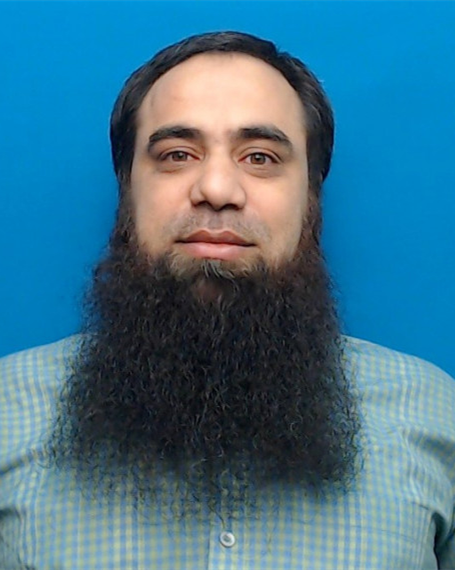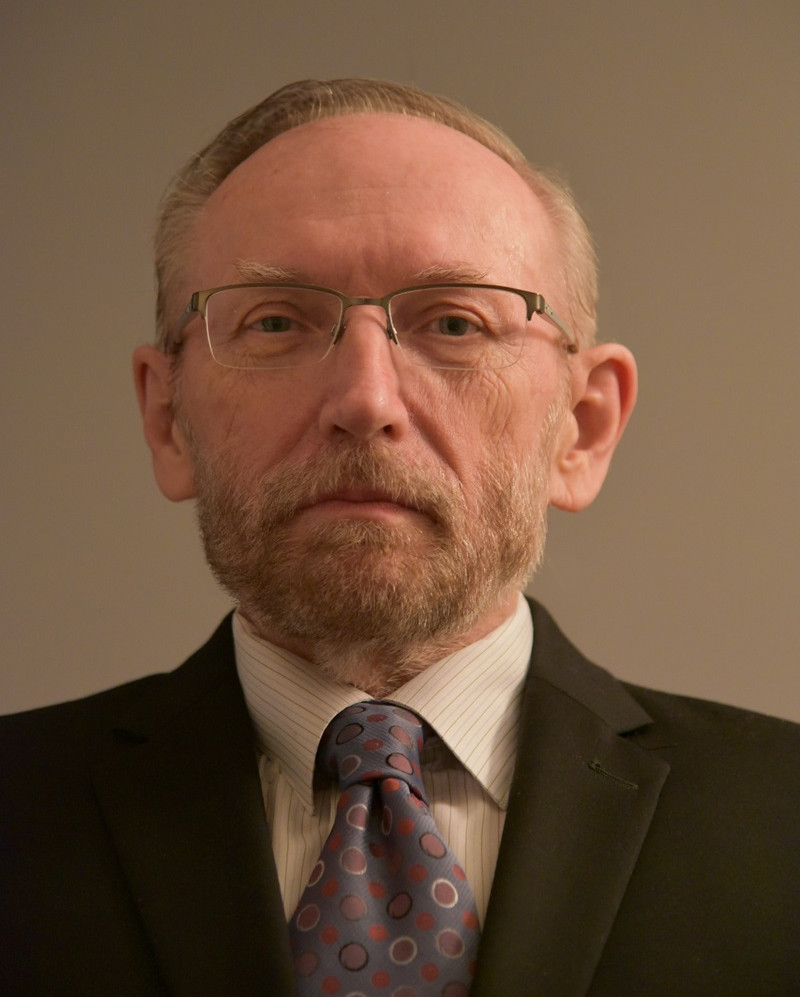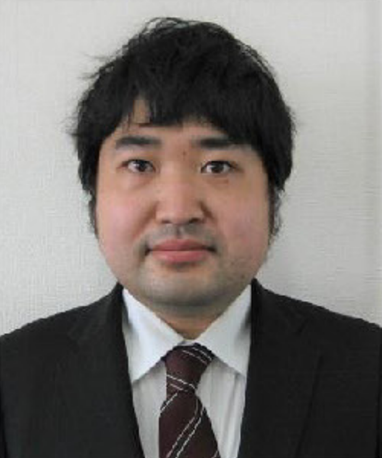 Prof. Min Youn A
Prof. Min Youn A
Hanyang Cyber University, South Korea
Bio: Dr. Youn-Ah Min is a distinguished professor and research leader specializing in blockchain technology, cybersecurity, and data protection. With over 25 years of academic and industry experience—including leadership in government-funded projects—she has built a strong record of scholarly integrity and interdisciplinary research. Her background in both corporate innovation (SK hynix) and academia (Hanyang Cyber University, Gachon University) equips her with the expertise and fairness necessary to serve as an effective and ethical reviewer and evaluator for research grants, academic journals, and institutional assessments.
 Asst. Prof. Wenjuan Li
Asst. Prof. Wenjuan Li
The Education University of Hong Kong, Hong Kong
Bio: Dr. Li received her
Ph.D. in Computer Science from the City
University of Hong Kong in 2019. She
received both Research Tuition Scholarships
and Outstanding Academic Performance Award
during the doctorate studies. During
2017-2018, she had an exchange study at
Technical University of Denmark.
After Ph.D. graduation, she worked as
Postdoctoral Fellow in The Hong Kong
Polytechnic University (2019-2021). Then,
during 2021-2023, she worked as a Research
Assistant Professor in the Department of
Electrical and Electronic Engineering, PolyU
HK.
Her research interests include network
management and security, intrusion
detection, trust management, web technology,
blockchain and IoT/AI security. She is a
senior member of IEEE.
 Asst. Prof. Sharyar Wani
Asst. Prof. Sharyar Wani
International
Islamic University Malaysia (IIUM),
Malaysia
Bio: Dr. Sharyar Wani is an
Assistant Professor at the International
Islamic University Malaysia (IIUM), where he
contributes to teaching, research, and
academic leadership in his specialized
field. With a focus on bridging theoretical
insights and practical applications, his
work aligns with IIUM’s mission of advancing
knowledge rooted in ethical and global
perspectives. Dr. Wani’s research interests
span [insert core research areas, e.g.,
“sustainable development, Islamic finance,
or educational innovation”]—exploring
intersections that address contemporary
societal challenges. He actively engages in
scholarly collaborations, publishes in
reputable journals, and mentors students to
foster critical thinking and academic
excellence.
 Dr.
Irene Domenicale
Dr.
Irene Domenicale
Università di Torino, Italy
Bio: Irene Domenicale is a PhD candidate in
Blockchain and Distributed Ledger
Technologies at the University of Camerino
and a research fellow at the University of
Turin within the Digital Territories and
Communities group. Her research focuses on
the intersection of digital technology and
socioeconomic systems, with a particular
emphasis on modeling tokenized systems that
support collaborative local economies.
Taking an interdisciplinary approach, she
studies the design and governance of
token-based mechanisms that enable value
creation and circulation within communities
and collaborative ecosystems. She actively
contributes to the development of civic
technologies, including FirstLife, a
co-designed civic social network based on
crowdmapping, and CommonsHood, a
blockchain-based wallet designed to support
local communities.
 Asst.
Prof. Norifumi Kawabata
Asst.
Prof. Norifumi Kawabata
Kanazawa
University, Japan
Bio: Norifumi Kawabata received his B.E.
(2011) and M.E. (2013) from the University
of Toyama, and his Ph.D. in Information
Science from Nagoya University in March
2017. Since then, he has held several
research and academic positions across
various institutions, focusing on diverse
areas within computer and information
science. His post-doctoral work included
roles at Chiba University (medical
support/VR/image engineering), Nagoya
University COI research (autonomous car
systems), and as an Assistant Professor at
Tokyo University of Science (software
engineering, CG, formal method). More
recently, he served in roles at Nagoya
University Hospital (medical IT), Hokkaido
University (computational imaging), and as a
Principal Investigator in the Computational
Imaging Lab. From April 2023 to April 2024,
he was an Associate Professor at Kanazawa
Gakuin University. Since April 2025, he is
set to join Kanazawa University as an
Assistant Professor, focusing on
mathematical/data science, AI, DX, and
signal/media processing. His research
interests include 3D image media quality,
3DCG, digital watermarking, color image
processing, human interface interaction, and
medical engineering (CAD). He has received
several awards, including the Forum on
Information Technology Encouragement Award
2016.